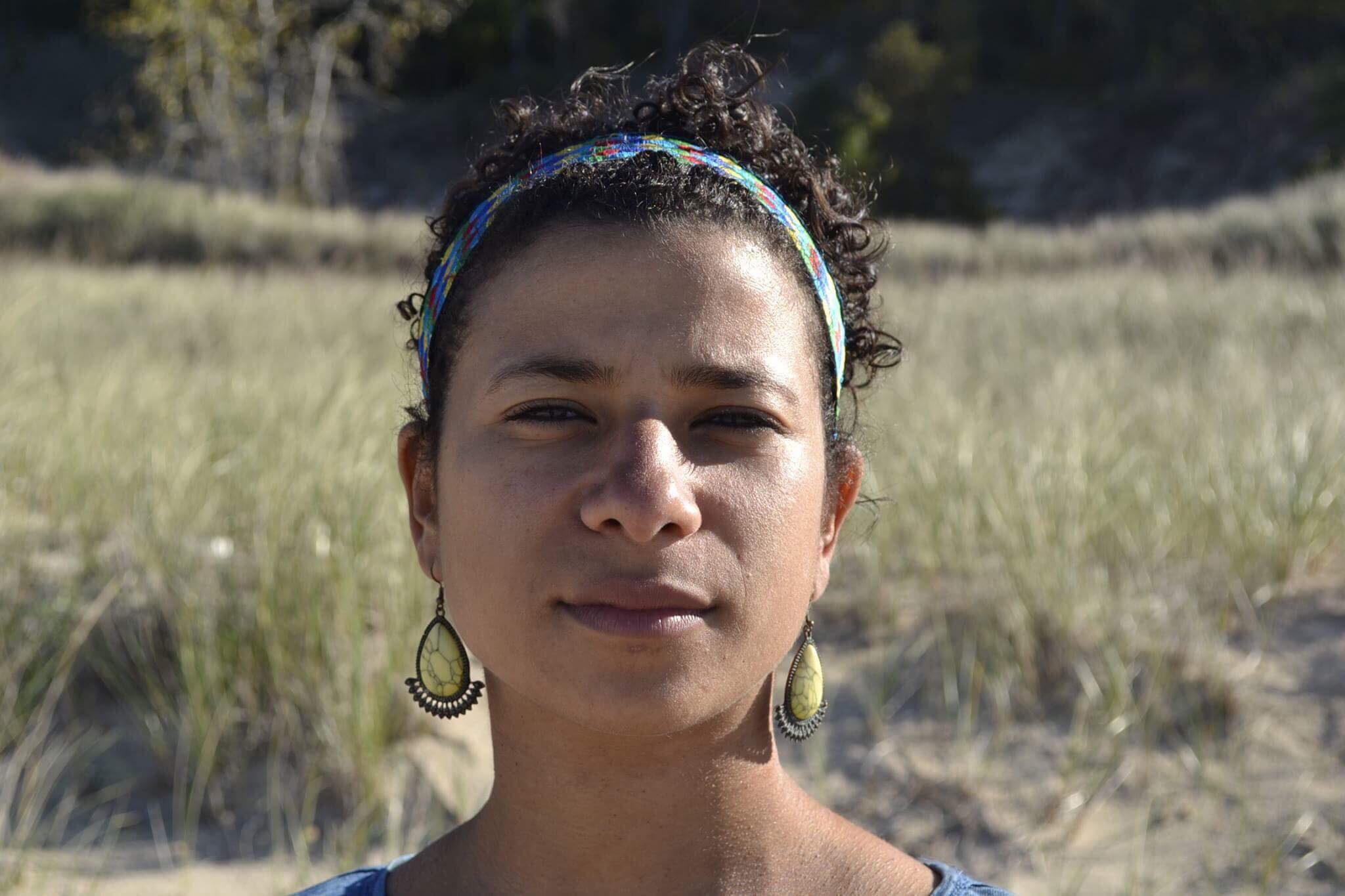Let’s just get this out of the way in the beginning, the best thing about America is not its freedom, it’s Amazon! Last year, I used to often tell my undergraduate students that “America is not a free country; it is just freer than others.” Two years ago, I came to America in search of personal freedom and a career change. I had received a full ride to the master’s program in Women’s, Gender, and Sexuality Studies Department at a university in the Midwest. In the beginning, the experience was liberating because not only was I about to start a master’s degree (MA), I was finally free of Cairo’s rampant catcalling, and my parents’ unwavering focus on my whereabouts among other things I had previously lived in America and certainly knew about its Islamophobia and ungodly preoccupation with race—a colonial, social construct. I did not, I do not, subscribe to America’s racial categories. I am an Egyptian, born and raised in Cairo, Egypt. I am neither black nor white. You want to call me an Arab? That’s fine, too. I came to America to define myself and my life away…



